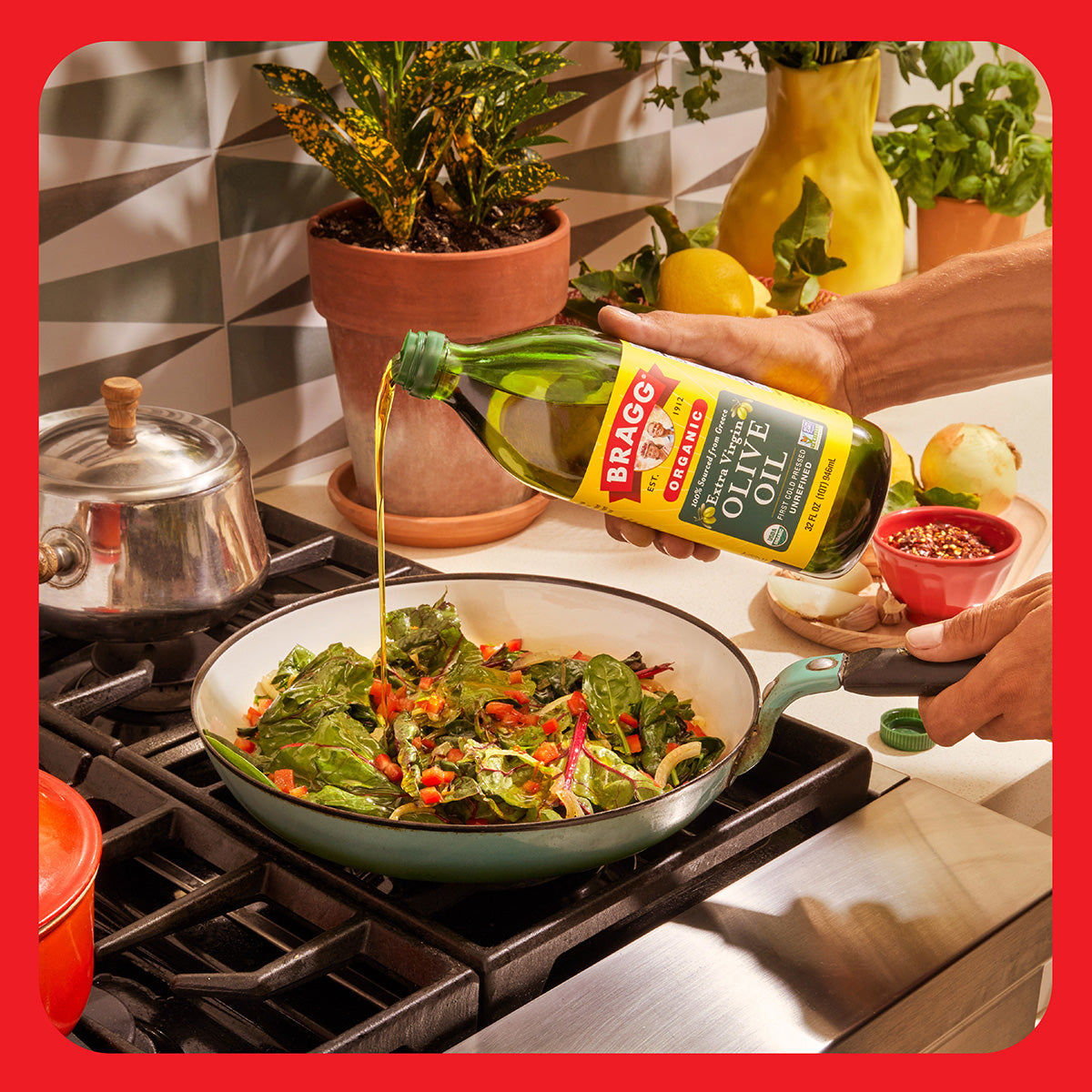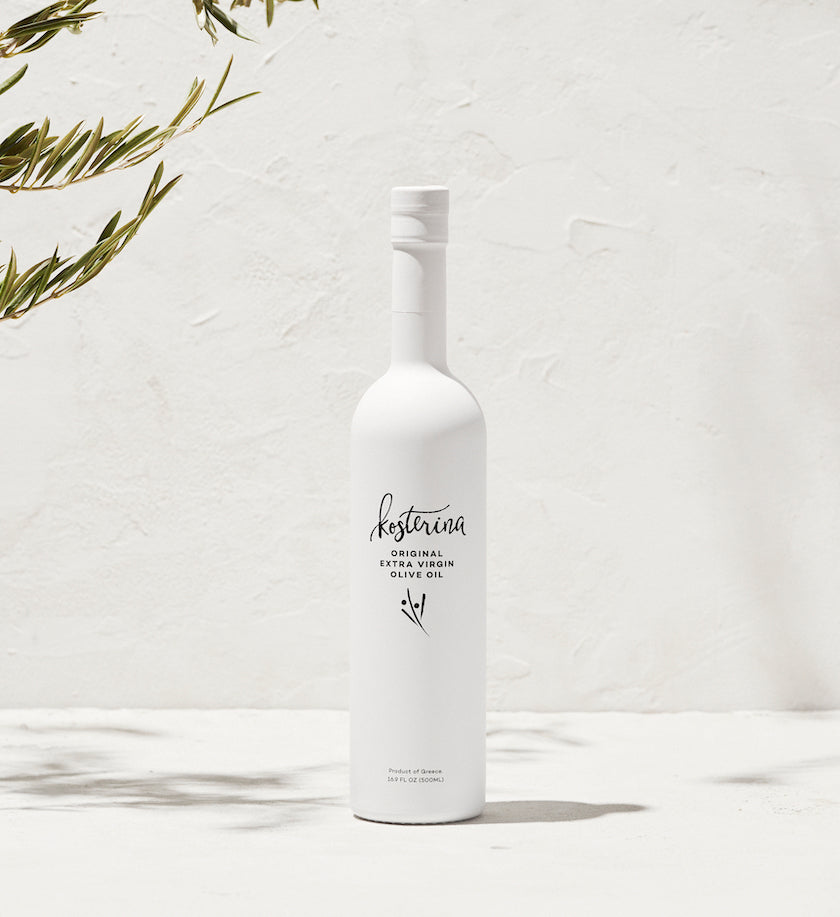Exploring the Extra Virgin Olive Oil Benefits for Reducing Blood Pressure
Exploring the Extra Virgin Olive Oil Benefits for Reducing Blood Pressure
Blog Article
Discovering the Various Kinds Of Olive Oil and Their Uses, Including Additional Virgin Olive Oil
The exploration of olive oil includes a varied range of types, each offering distinctive flavors and cooking applications. Extra virgin olive oil, renowned for its premium quality and health benefits, offers as a staple in several kitchens, yet it is only one element of this multifaceted ingredient.
What Is Olive Oil?
Acquired from the fruit of the olive tree, olive oil is a staple in Mediterranean food and an essential component in numerous cooking applications. This versatile oil is produced by pushing entire olives, causing a liquid that varies in shade, flavor, and scent relying on the type of olives used, the region of growing, and the removal procedure. Olive oil is mostly made up of monounsaturated fats, particularly oleic acid, which is understood for its possible wellness advantages, consisting of anti-inflammatory residential properties and cardio assistance.
Along with its culinary uses, olive oil has a lengthy history of application in traditional medicine and skin care, owing to its abundant antioxidant web content (extra virgin olive oil benefits). The oil is often used in dressings, marinades, and for cooking methods such as sautéing and roasting. Its distinct flavor profile can enhance the taste of numerous recipes, making it an essential ingredient for both home chefs and specialist cooks
Moreover, olive oil is celebrated for its role in the Mediterranean diet, which is linked with various health benefits. As recognition of these benefits grows, olive oil remains to obtain appeal worldwide as a basic element of a healthy lifestyle.
Kinds of Olive Oil
Comprehending the different sorts of olive oil is crucial for both culinary fanatics and health-conscious consumers. Olive oil is classified mostly based on its removal method and high quality, which considerably affects its flavor, scent, and health benefits.

Light olive oil, despite its name, describes a lighter taste and not lower calories. It is perfect for those looking for an extra refined preference in sauces and dressings. In addition, there are flavorful olive oils infused with herbs, seasonings, or citrus, which can improve dishes without the demand for extra seasoning.
Each kind of olive oil offers particular culinary objectives, and comprehending these differences permits customers to make educated selections that line up with their cooking designs and health objectives.
Extra Virgin Olive Oil
Additional virgin olive oil (EVOO) is widely considered as the finest olive oil readily available, well known for its abundant taste and various wellness benefits. To be identified as additional virgin, the oil has to be created from fresh olives making use of mechanical processes, without using solvents or extreme heat. This careful method protects the oil's all-natural flavors, antioxidants, and healthy fats, leading to an item with a low level of acidity degree of less than 0.8%.
EVOO is plentiful in monounsaturated fats, specifically oleic acid, which is connected to important source lowered swelling and boosted heart health and wellness. It additionally contains polyphenols, powerful anti-oxidants that may use protective effects versus persistent conditions. The flavor profile of EVOO can differ considerably relying on the olive selection and region of production, varying from verdant and fruity to durable and peppery.

Culinary Use Olive Oil

In food preparation, olive oil can be utilized for sautéing, roasting, and barbecuing, offering a healthier alternative to butter or various other fats. Its high smoke factor makes it ideal for numerous cooking approaches, while its anti-oxidants add to a heart-healthy diet plan. Drizzling olive oil over finished recipes, such as pasta, fish, or smoked veggies, can elevate tastes and include a find out this here touch of sophistication.
Additionally, olive oil plays a considerable role in cooking, where it can change typical fats in dishes for bread and pastries, presenting dampness and a subtle taste. It additionally works as a base for infused oils, permitting cooks to try out flavors such as garlic, natural herbs, or chili, better broadening its culinary possibility. Generally, olive oil's flexibility makes it important in both home website here and professional cooking areas.
Picking Top Quality Olive Oil
When picking high quality olive oil, it's important to take into consideration a number of key aspects that influence the item's scent, flavor, and health and wellness advantages. Choose for extra virgin olive oil (EVOO), which is obtained from the first chilly pushing of olives and contains the highest degrees of anti-oxidants and beneficial compounds. Seek oils that are accredited by identified organizations, as this typically makes certain adherence to stringent high quality requirements.
The product packaging also plays a considerable function in maintaining the oil's integrity. Select oils kept in dark glass containers or tins to shield against light degradation. Take note of the harvest day; fresher oils supply remarkable taste and nutritional value, so select products that are within 18 months of their harvest.
Additionally, think about the beginning of the oil. High-grade olive oils often come from certain areas recognized for their distinctive taste accounts, such as Italian, Spanish, or Greek oils. Ultimately, understand the preference; a high quality olive oil should have a balance of fruity, bitter, and peppery notes, indicating its richness and intricacy. By assessing these elements, you can ensure you are picking the ideal olive oil for your cooking requirements.
Final Thought
In summary, the exploration of various sorts of olive oil exposes distinctive attributes and applications, with additional virgin olive oil representing the peak of high quality due to its reduced acidity and high antioxidant web content. Its adaptability in culinary usages improves flavors in dressings, marinates, and drizzles. Recognizing the various varieties of olive oil permits for informed selections in cooking methods, advertising healthier techniques while enriching the total gastronomic experience. Quality choice remains vital for optimal advantages.
Acquired from the fruit of the olive tree, olive oil is a staple in Mediterranean cuisine and a crucial active ingredient in different cooking applications.The most common kinds of olive oil consist of refined olive oil, pure olive oil, and light olive oil.Additional virgin olive oil (EVOO) is extensively regarded as the greatest top quality olive oil available, well known for its abundant taste and numerous health and wellness advantages. Decide for extra virgin olive oil (EVOO), which is obtained from the very first cool pressing of olives and has the greatest levels of anti-oxidants and beneficial compounds.In summary, the exploration of different kinds of olive oil discloses distinctive qualities and applications, with additional virgin olive oil standing for the peak of top quality due to its reduced level of acidity and high antioxidant content.
Report this page